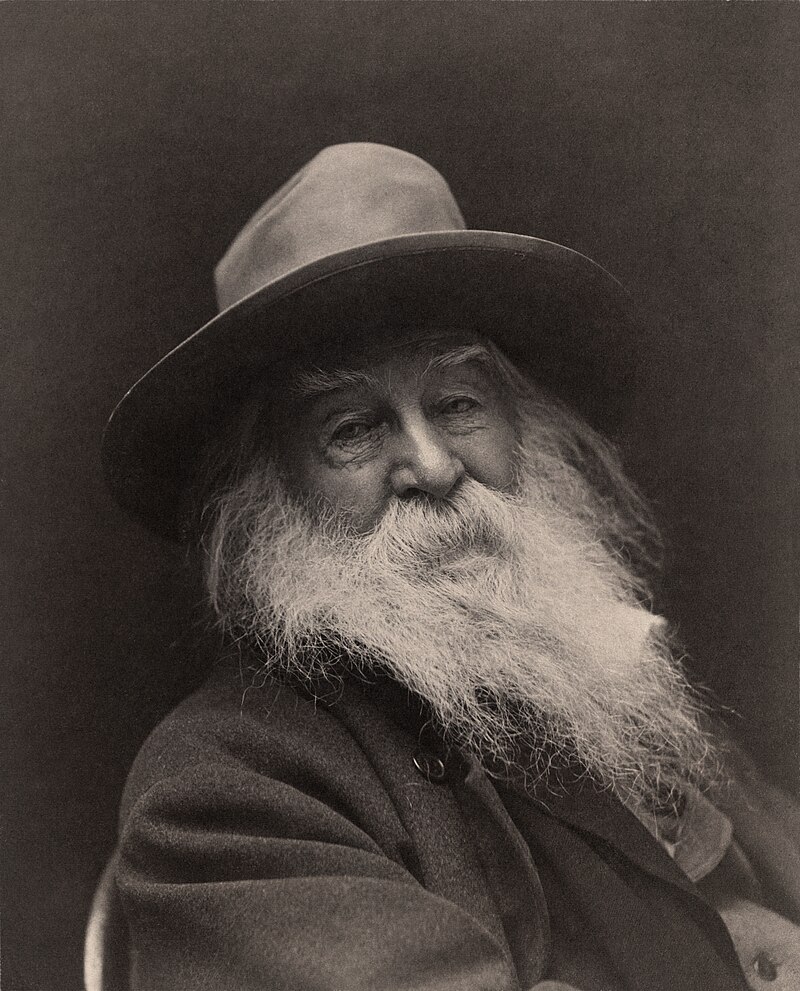Walt Whitman, often called the Father of Free Verse, was born on May 31, 1819, in Long Island, New York. While many people spend their lives searching for talents or skills that define them, Whitman’s gift for language was evident from an early age. He was the second child of his Quaker parents, who eventually had a total of nine children. The family faced significant financial challenges, and Walt left school at the young age of 11 to help support them. He initially worked for two lawyers in their office, where he learned essential skills in typing and printing. Shortly after, he was hired to write small pieces for the local newspaper, sparking a lifelong passion for writing that continued throughout his life.
Walt Whitman worked as a poet, essayist, and journalist throughout his life and career. He is best known for his poetry collection titled Leaves of Grass, which he consistently edited and republished at least nine times. Whitman’s unique style combined elements of transcendentalism—the belief that people and nature are inherently good—with literary realism, making his work masterful and still relevant today. He is also recognized for his use of free verse, a poetic style that broke traditional rules and transformed American poetry.
Fun Facts about Walt Whitman:
- Walt Whitman’s strong personality and physical presence inspired the character of Dracula.
- He started his journey as a self-taught writer and journalist at the young age of 11. By 19, he founded his newspaper, The Long-Islander, which is still being published today!
- He was a Civil War volunteer and spent time nursing the wounded in hospitals.
- It is believed that Walt Whitman may have been gay, though he never formally came out. Many of his poems seem to allude to his homosexuality, making them controversial at the time.
- Though they never met in person, Abraham Lincoln was a hero of Walt Whitman. He wrote several poems and excerpts about the president, including the infamous “Oh, Captain, My Captain.”

